One of the most common herbicides, glyphosate (the active ingredient in Roundup,) is a non-selective herbicide applied to kill broad leaf plants and grasses. It has been used safely in agriculture and on residential and commercial lawns for over 40 years. Pure glyphosate is low in toxicity and is not easily passed through human skin. The herbicide is not digestible in humans, so any glyphosate that enters the human body through the skin or the mouth passes through relatively unchanged.
In recent news, the International Agency for Research on Cancer released a report in an attempt to reclassify glyphosate as a probable human carcinogen. Decades of studies by international scientific groups and regulatory agencies have concluded glyphosate is low in toxicity and is not carcinogenic.
In some locations, crops are treated with glyphosate pre-harvest. In wheat, for example, glyphosate treats weeds and acts as a drying agent to speed the maturing process in areas with short growing seasons. The timing of the treatment is carefully planned to ensure the glyphosate is not moved from the plant into the grain and the crop is not harvested for 7-14 days following the treatment.
Contrary to what many “doctors” and “experts” want consumers to believe, herbicide treatment is done with care, following scientific recommendations and safety regulations. Agriculture producers and their families live and work in the middle of the fields they treat. They have a responsibility to their families, communities, neighbors and friends to use the best available methods to produce safe and healthy commodities. They do not needlessly and recklessly spray their crops with expensive herbicides. To do so is not only illegal and unethical, it does not make good business sense.
